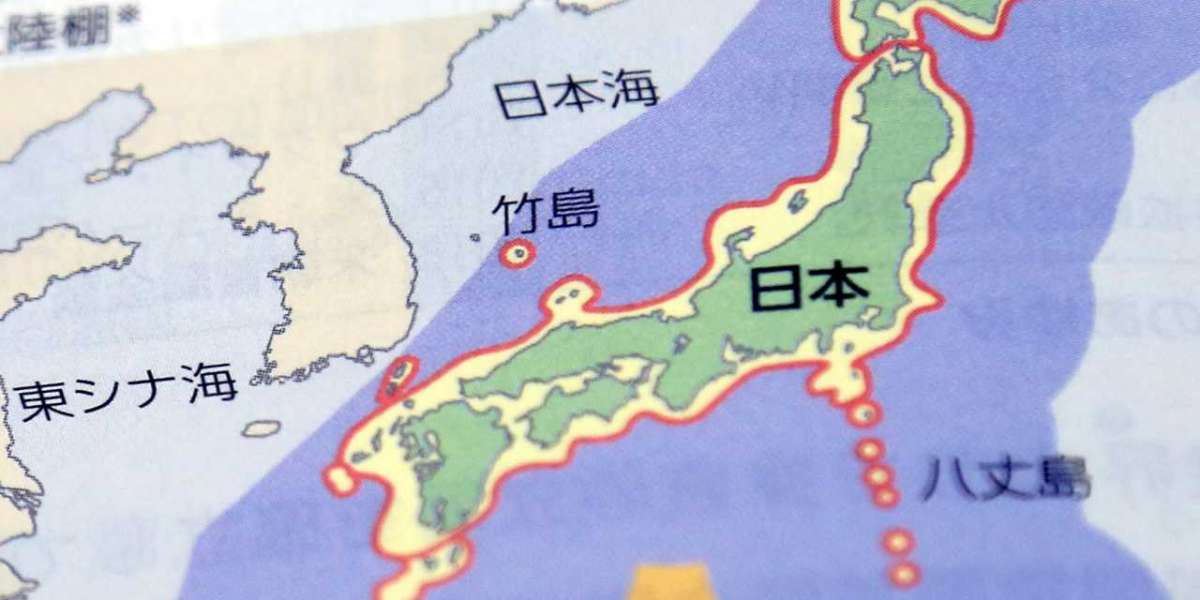In a protest against Japan's acceptance of textbooks that, according to South Korea, distort history by repeating claims to disputed islands and omitting terms that indicate the coercive character of Japan's wartime forced labor and sexual slavery, the country expressed outrage on Tuesday.
Japan's Ministry of Foreign Affairs expressed "sad concern" over the acceptance of textbooks that distort historical facts to suit the government's own point of view, and asked the Japanese government to take quick action to rectify the situation.
Mr. Lee Sang-ryeol, director general for Asia-Pacific affairs at the Ministry of Foreign Affairs, has also called Mr. Naoki Kumagai, deputy head of mission at the Japanese Embassy in Seoul, to submit a formal protest.
On Tuesday afternoon, a textbook screening committee under the auspices of Japan's Education Ministry authorized 239 textbooks for second and third year students. According to the Yonhap News Agency, Japan has removed the term "forced mobilization" from some textbooks and replaced it with the terms "mobilization" or "conscription" when describing Koreans who were forced into hard labor at Japan's mines and industrial facilities during Japan's brutal colonial rule of the Korean Peninsula from 1910 to 1945.
Another textbook similarly did not include the term "wartime comfort women," which was rejected by the committee.
Japan has also reaffirmed its territorial claims to the Dokdo islets, which are described as "inherent territory" in 12 school textbooks.
According to the Ministry of Education, "we strongly protest the Japanese government's approval of textbooks containing futile claims over Dokdo," which is our inherent territory both historically and geographically as well as according to international law. "We clearly state that we cannot accept any Japanese claims on Dokdo," said Choi Young-sam, the ministry's spokesperson.
The long-running dispute about who has the right to control Dokdo has been a constant source of conflict between the two countries, with Tokyo continuing to assert sovereignty claims in its policy documents, public pronouncements, and school textbooks, among other places.
Furthermore, the ministry expressed deep sorrow for Japan's softening of the coercive character of its descriptions of sexual slavery victims and forced labor, and encouraged the government to give history instruction based on a "spirit of apology."
It urged the Japanese government to acknowledge the lessons of history and adopt a more responsible approach to youth education.



